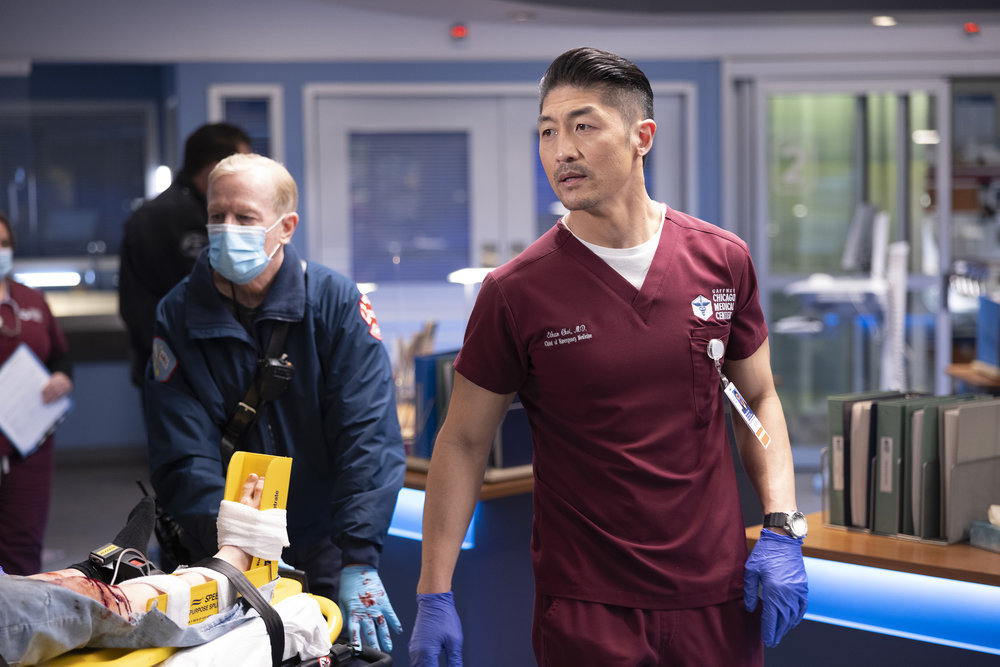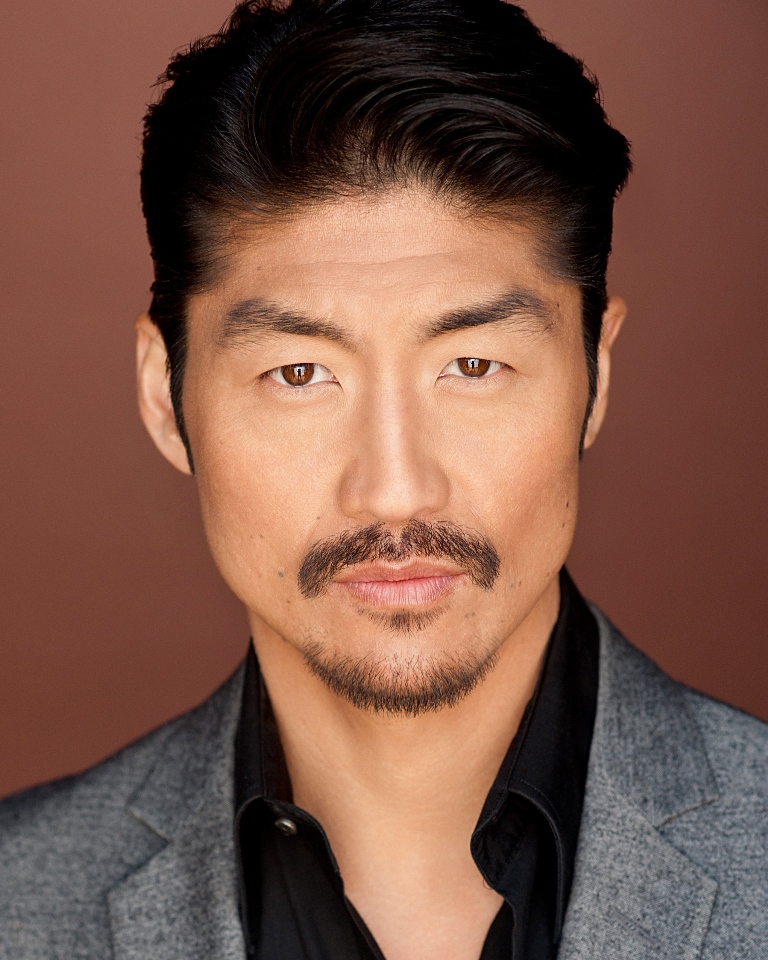Brian Tee's Prescription for Greater AAPI Representation on Television
'Chicago Med' actor says industry needs to offer more opportunities for Asian American actors, producers to tell their stories

The smarter way to stay on top of the multichannel video marketplace. Sign up below.
You are now subscribed
Your newsletter sign-up was successful
Veteran actor Brian Tee has played numerous roles on television and film, but none more prestigious or more popular than Dr. Ethan Choi in NBC’s medical drama Chicago Med.
As the industry in May celebrates Asian American Pacific Islander (AAPI) Heritage Month, Tee -- who has also appeared in such films as The Fast and The Furious: Tokyo Drift and Jurassic World -- recently spoke to me about the importance of playing a strong, diverse character on television. He also opined on what needs to be done to increase the representation of Asian Americans both in front of and behind the screen in an edited version of the interview, which appears below.
Picture This: Why do you believe there seems to be greater media focus on AAPI Heritage Month this year than in previous years?
Brain Tee: I think to be honest, it's happening this year because all of the recent AAPI hate crimes. I think history tells us that this is nothing new. If you talk about the Exclusion Act or about the internment camps of the 1940s, Asian hate has been around for a very long time -- since the first immigrants came here from Asia to the United States. So I think this year, it’s bridging this gap between AAPI and history in America. I think that's why you're going to see much more historical content being actually produced and talked about, especially during AAPI Heritage Month.

PT: What message do you hope emerges from the increased focus?
BT: If we’re talking about purely historical content, I think having an understanding of one another definitely bridges certain gaps. I think this hate stems from fear, and if we can have that connection and historical factual sense of belonging and being here, I feel it would bridge certain gaps of hate and fear that we all live with today. At least we're trying to create progress in a larger way. The state of Illinois (House of Representatives) just passed AAPI history education for all schools, and that’s really amazing. When I was growing up I didn’t even learn about my own history at all. I had to learn it in college and I had to seek it out. Now, if it's communicated within the general population, then it creates the kind of relatability that brings it all together.
PT: Do you feel that the industry is offering more positive Asian-American images onscreen?
The smarter way to stay on top of the multichannel video marketplace. Sign up below.
BT: I would say that there are more opportunities. I mean the bar was set pretty low, so you didn’t have to edge that much higher to get more, but I’m very hopeful that it will continue to grow and stay for a very long time. If art imitates life and us being a part of society as a whole, I think being a part of the medium in which we broadcast on television and or film is a necessity because we all grew up watching television and watching movies and are educated by them. It’s in our living rooms every day -- I grew up watching television and was very influenced by it. Our medium has the power to move mountains and change rhetoric in such a tremendous way.
PT: What does the popularity and success of your character on Chicago Med represent?
BT: He is a positive role model and a veteran of the armed forces. He really serves as the moral compass of the show -- he lives through his own integrity and his own code to try to do the right thing for the greater good. He bends but he doesn’t break. I feel that Ethan is one of the very few AAPI characters to be represented in all of television, especially network television. We have yet to see an AAPI lead a show -- not to say I’m the lead of the show -- but I’m still waiting for that one to happen, but he’s definitely a step forward. I would like to see more of a conscious storytelling in Ethan in the next couple of seasons to hopefully get in-depth into his culture and into who he is as a human instead of just a doctor. It's growing and evolving, but to have AAPI representation in one of the largest franchises on television is pretty amazing.
PT: How does the industry make sure there are more AAPI images on television going forward?
BT: I think we need people to be bold and brave. We need people to be conscious of what they're writing and the stories that they're telling. I feel like so many people are afraid about whether people will watch it, but the bottom line is our industry has proven that if it's good, people will watch it. If you find a good, compelling story, whether it's AAPI, multicultural or not, be brave to tell it. As far as the AAPI community is concerned, we as a community need to stand up, speak up and speak out much more. We need to be in the room where the decisions are made. We need to be in front of and behind the cameras, but also sharing our stories for the next generation. If you put all of those things together, we’ll have the progress that we need in order to create change.
R. Thomas Umstead serves as senior content producer, programming for Multichannel News, Broadcasting + Cable and Next TV. During his more than 30-year career as a print and online journalist, Umstead has written articles on a variety of subjects ranging from TV technology, marketing and sports production to content distribution and development. He has provided expert commentary on television issues and trends for such TV, print, radio and streaming outlets as Fox News, CNBC, the Today show, USA Today, The New York Times and National Public Radio. Umstead has also filmed, produced and edited more than 100 original video interviews, profiles and news reports featuring key cable television executives as well as entertainers and celebrity personalities.

